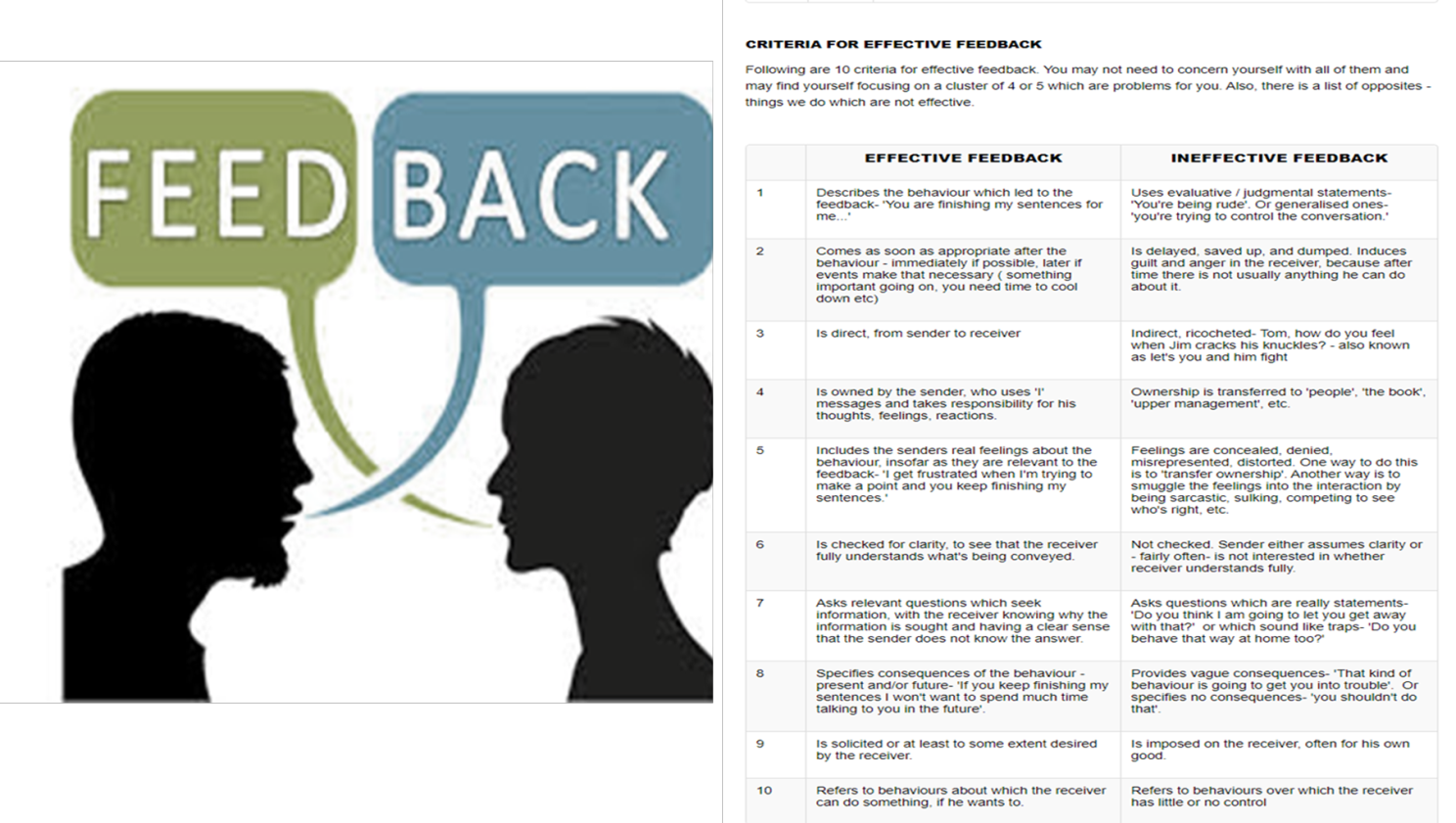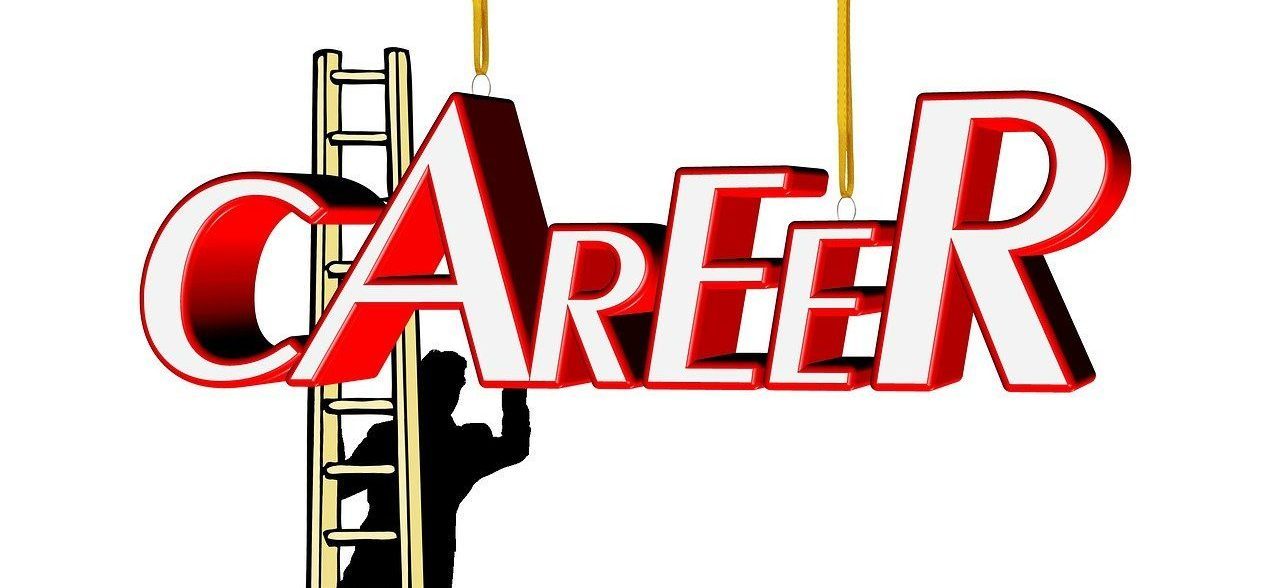In the rapidly changing landscape of the 21st century job market, it’s essential to conduct personal skill assessments for your professional skills to stay competitive and adaptable. Whether you’re a student preparing for your future career or a seasoned professional looking to stay relevant, understanding how to assess your abilities is crucial. This article will provide a practical guide to help you evaluate your professional skills. Let’s explore the importance of self-assessment and how to use personal skill assessment to climb the career ladder.

Why Personal Skill Assessment Matters in the 21st Centaury
Gone are the days when a single skill set could carry you through an entire career. In today’s dynamic job market, technological advancements and shifting industry demands require us to continuously personally assess, upgrade, and diversify our skills.

Personal skill-assessment plays a pivotal role in this process for several reasons:
- Identifying strengths: Self assessment helps you recognize your strengths, the skills you excel in, and the areas where you can shine.
- Pinpointing weaknesses: It’s equally important to identify your weaknesses. By acknowledging where you can improve, you can take targeted action to address these gaps.
- Once you know your strengths and weaknesses, you can set specific, achievable goals to enhance your professional skills.
- Adaptability: Assessing your skills regularly ensures that you remain adaptable in the face of changing industry needs and technology.
Steps to Assess Your Professional Skills
- Make a list of your skills: Start by listing all the skills you believe you possess, both hard and soft skills. Hard skills are specific, teachable abilities like coding, graphic design, or data analysis. Soft skills encompass traits like communication, teamwork, and adaptability.
- Self-reflection: Take some time for introspection. Consider your experiences and the feedback you’ve received from colleagues or mentors. This can help you identify areas where you excel and areas that need improvement.
- Seek feedback: Don’t hesitate. Reach out to trusted colleagues or mentors for feedback. They can offer valuable insights into your skills and provide a different perspective.

- Assess your skill relevance: The 21st-century job market places a high premium on skills that are adaptable and relevant across different industries. Consider whether your skills align with these demands.
- Stay informed: Continuously educate yourself about industry trends and technological advancements. Stay updated. This will help you evaluate whether your skills remain current.
- Set clear goals: Based on your assessment, set specific, measurable goals for skill improvement. For example, if you’re in marketing, you might aim to become more skilled in using the latest data analysis tools.
- Invest in learning: Take courses, workshops, or online tutorials. Bridge the gaps in your skill set. Many online platforms offer free or affordable courses in a wide range of subjects.
- Network and collaborate: Building a network of professionals in your field is crucial. Collaboration and peer learning can help you grow your skills faster.

Build a collaborative network.
- Regularly reassess: Your personal skills assessment should not be a one-time event. Regularly reassess your skills. Set new goals. And adapt to the changing job market.
Examples of In-Demand 21st-Century Skills
- Digital Literacy: Proficiency with technology and the ability to adapt to new software and tools.
- Critical Thinking: The capacity to analyze information, solve problems, and make sound decisions.
- Communication Skills: Effective communication is crucial to the world. This means both verbal and written communication.
- Adaptability: The ability to pivot and learn new skills quickly in response to changing circumstances.
- Data Analysis: In an age of big data, the ability to analyze and interpret data is key.
- Creativity: The capacity to think creatively and innovate in various situations.
- Emotional Intelligence: Understanding and managing your own emotions and the emotions of others.
In conclusion, assessing your professional skills is a vital practice in the 21st century. It helps you identify your strengths, weaknesses, and areas for growth. It helps ensure that you remain competitive in a rapidly changing job market. By following the steps outlined in this guide, you can take control of your professional development and adapt to the evolving demands of your industry. Remember, it’s not just about where you are today but where you want to be in the future. Skill assessment is your roadmap to get there.
Adrienne Bitoy Jackson, BSBA, MS. Ed, PMP, President & CEO of Heuristics Marketing Consultants, LLC is an inventive, effective, resourceful thought leader, writer, coach, mentor, project manager, change agent, and former public administrator with 25+ years’ experience with government entities, professional associations, nonprofit faith & community-based organizations, and educational institutions. Designated a well-qualified Senior Public Service Administrator/Executive I, and high-level Social Service Program Planner by the State of Illinois; she is a professional development advocate skilled in capacity building, marketing communications, and organizational development and a winner of the City of Chicago’s Kathy Osterman Award for Outstanding Professional Excellence.




Leave a Reply
You must be logged in to post a comment.